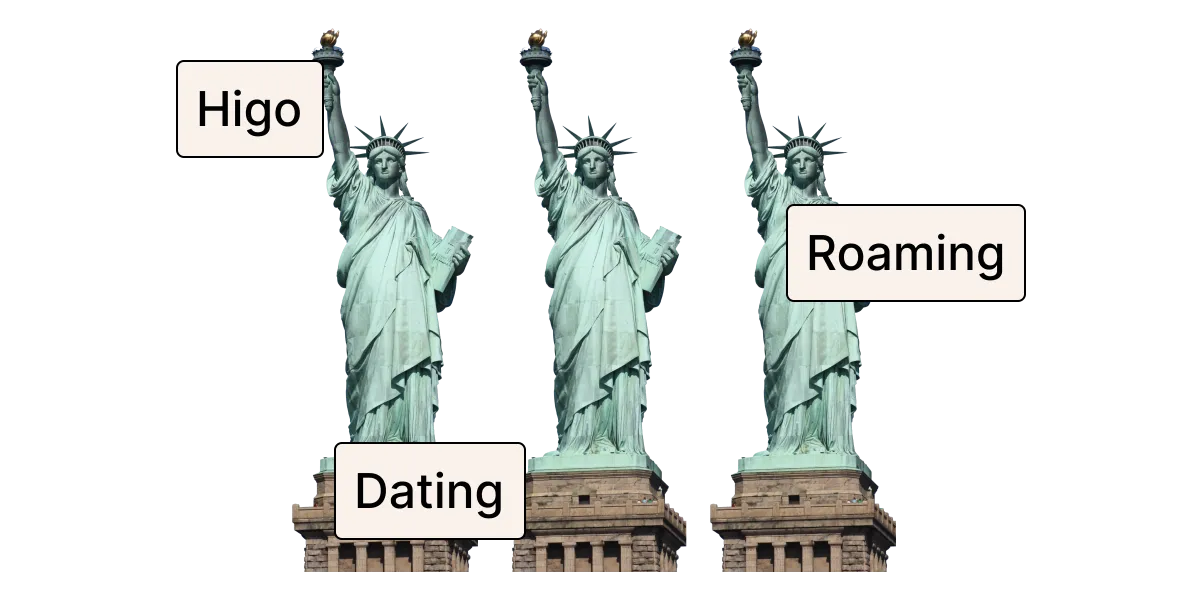Anime
Dragon's Dogma
Japan
Dragon's Dogma
Alastor is a fictional character from the anime adaptation of the popular video game Dragon’s Dogma, a series brought to life by Netflix and set in a richly imagined world filled with magic, mythical creatures, and epic legends. The story centers around a young man named Ethan, who embarks on a personal quest for vengeance after a fearsome Dragon obliterates his hometown. As he journeys deeper into this dangerous realm, he becomes entangled with ancient and powerful beings known as the Arisen—individuals chosen by fate to battle darkness.
In this unfolding narrative, Alastor emerges as one of the central antagonists, capturing attention not just for his role but for the sheer presence he commands. Alastor is a dragon who has taken human form, concealing his true nature while plotting the downfall of the Arisen. He’s intelligent, calculating, and deeply manipulative, using his human guise to move through society undetected and sow discord from within. Even seasoned warriors feel a chill at the mention of Alastor—his reputation alone is enough to unsettle the bravest souls.
One of the most striking aspects of Alastor is his voice—smooth, hypnotic, yet laced with danger. In the English dub, Greg Chun delivers a performance that perfectly captures Alastor’s dual nature: charming on the surface, but cold and menacing beneath. This vocal presence adds another layer to the character, making every word feel deliberate and weighted with intent. Visually, Alastor stands out too—his design masterfully blends draconic elements with humanoid features. Glowing eyes, sharp claws, and an imposing stature make him unforgettable, a figure that dominates any scene he appears in.
Despite being a villain, Alastor isn’t one-dimensional. He’s complex, mysterious, and strangely compelling. His motivations remain shrouded in ambiguity, leaving fans wondering what truly drives his crusade against the Arisen. Is it revenge? A twisted sense of justice? Or perhaps a belief that their existence disrupts the natural order? Whatever the reason, Alastor serves as a powerful symbol of the dangers of unchecked ambition and pride. He reminds us that even the mightiest can fall when consumed by their inner darkness—and Alastor embodies that warning like few others.
When we look at Alastor’s behavior and mindset throughout Dragon’s Dogma, it becomes clear that he aligns closely with the INTJ personality type—Introverted, Intuitive, Thinking, Judging. These individuals are known for their strategic thinking, independence, and deep intellectual focus—all traits Alastor exhibits consistently. He’s reserved, often operating in solitude, and clearly values long-term planning over impulsive action. Whether he’s offering tactical advice to the protagonist or quietly observing events from the shadows, Alastor always seems several steps ahead.
Moreover, Alastor thrives on logic and self-reliance. He doesn’t depend on others, choosing instead to live in isolation in a secluded cottage deep within the woods. Yet despite his solitude, he possesses a quiet leadership quality—an ability to influence and guide, especially when it comes to the player’s journey. His persuasive nature isn’t rooted in emotion, but in conviction and well-reasoned arguments, further reinforcing his INTJ tendencies.
His worldview also reflects a philosophical depth. Alastor appears to follow a personal code, almost spiritual in nature, shaped by introspection and a desire to understand the underlying truths of the world. This internal compass guides his actions, suggesting that his choices aren’t merely destructive, but driven by a belief system he’s carefully constructed over time.
Beyond the MBTI framework, Alastor also fits the profile of an Enneagram Type 8—the Challenger. Confident, assertive, and unafraid of conflict, Alastor takes control when necessary and pursues his goals with relentless determination. He protects those he aligns with and confronts threats head-on, embodying the fearless leader archetype. At the same time, there’s a nuance to his character—his strong moral compass hints at a wing 9 influence, adding layers of calm, stability, and a deeper yearning for peace and balance in a chaotic world.
Ultimately, Alastor is more than just a villain; he’s a reflection of power, ideology, and the consequences of absolute will. His intelligence, independence, and unwavering resolve make him one of the most intriguing figures in Dragon’s Dogma. Whether viewed through the lens of personality typology or narrative function, Alastor stands out as a character whose impact lingers long after the story ends. And throughout it all, Alastor remains a name synonymous with mystery, strength, and the thin line between heroism and tyranny.



